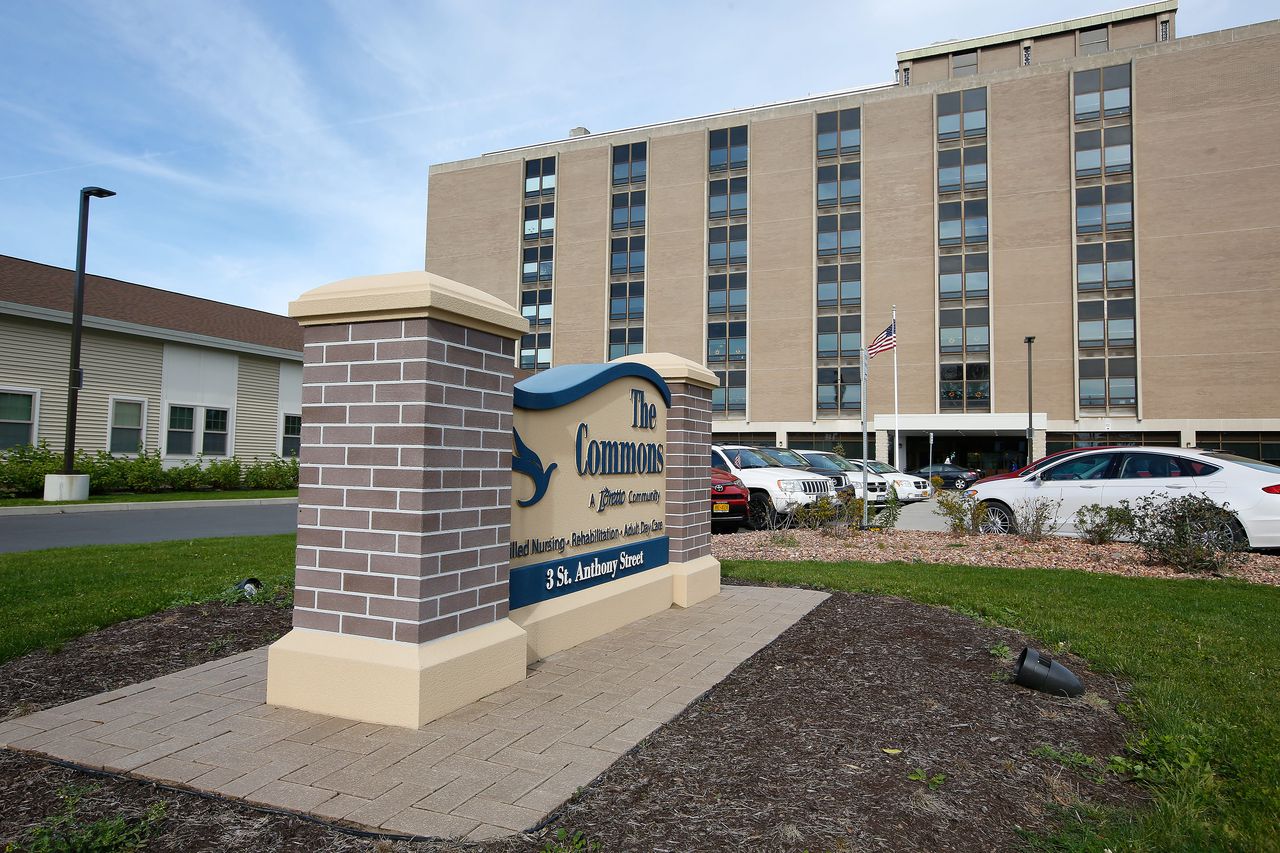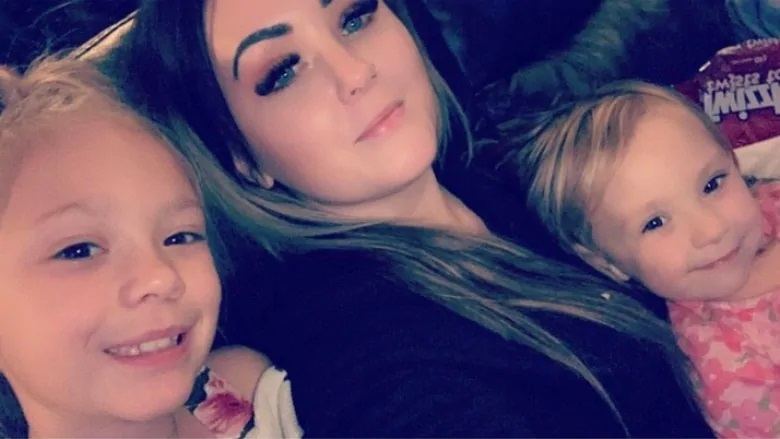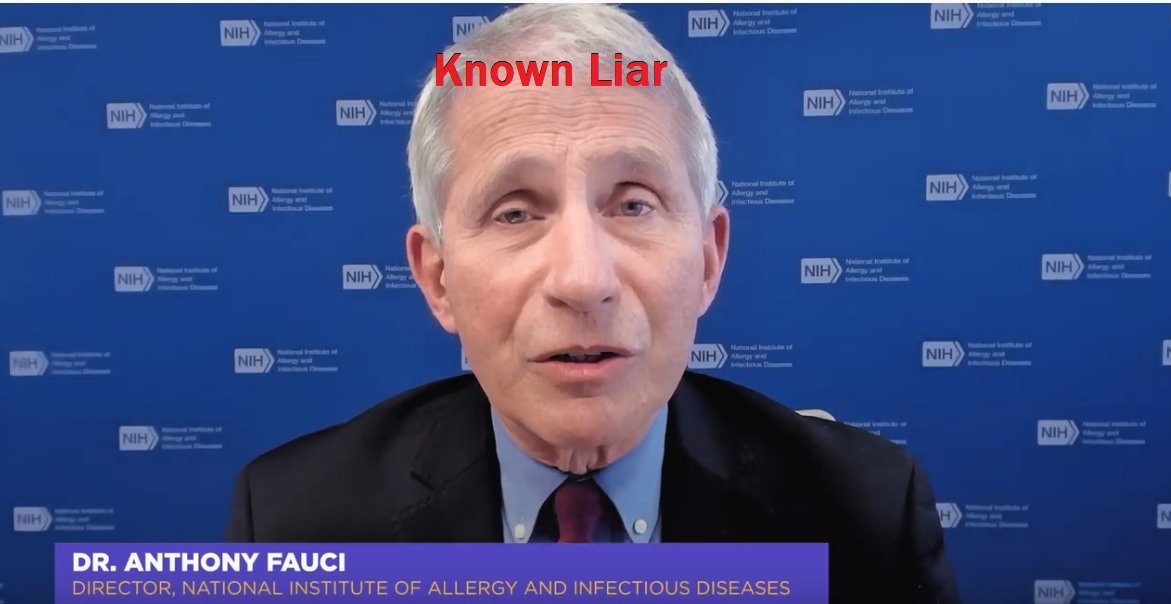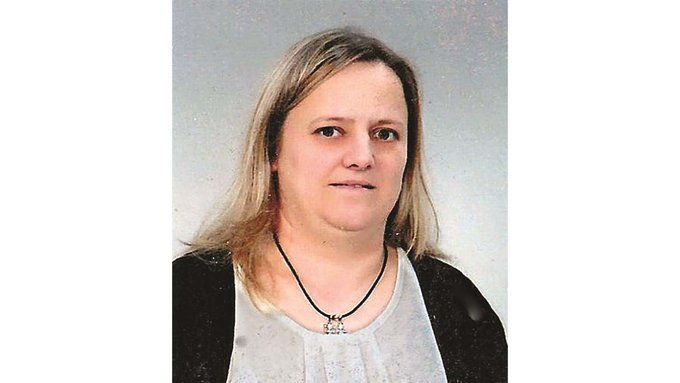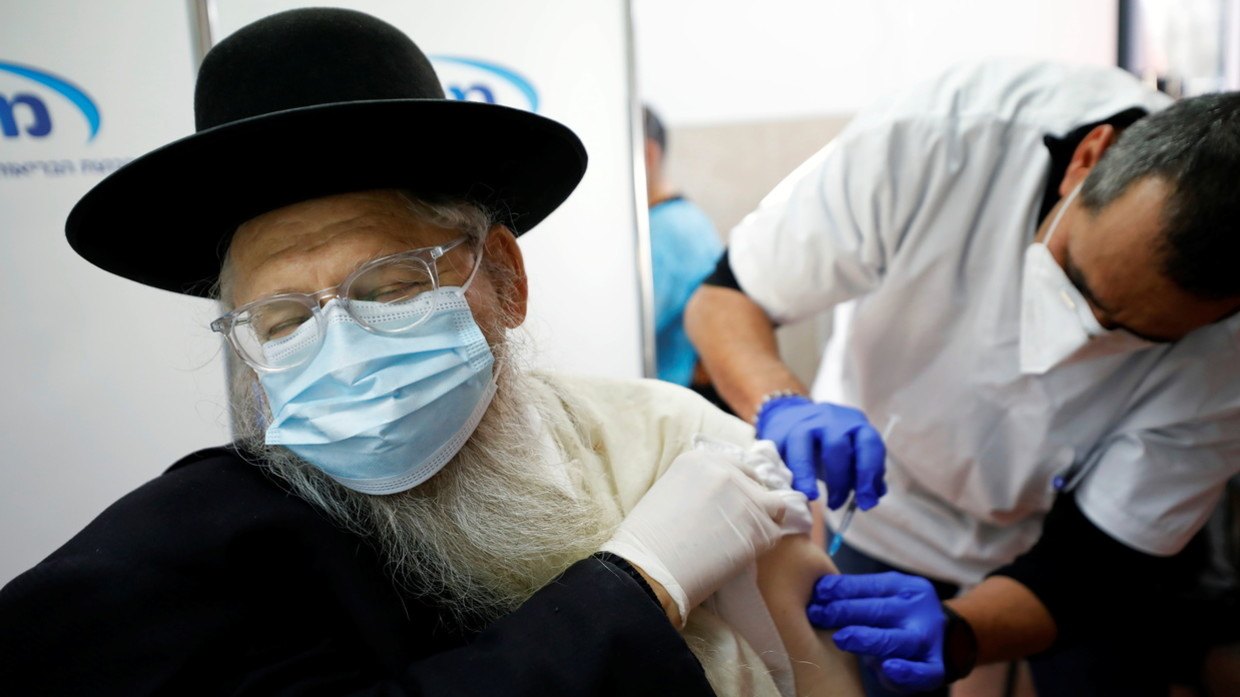When the People Fear the Government There is Tyranny, but When Government Fears the People There is Liberty
This famous quote by Thomas Jefferson defines two different kinds of states of relationships between U.S. Government and the people they allegedly represent. Either a state where the citizens of this country hold their government accountable to their oaths to uphold the Constitution, or a state where the nation falls into tyranny because the citizens fail to do their job and hold their government accountable. There is no doubt which of these two states is the current state of the United States today, on January 11, 2021. The citizens fear the government, and the country has now been seized by the tyrants. And by "government" I am not simply referring to our "elected" officials, but also those who benefit from the government and control it, which today would be the Central bankers and Wall Street Billionaires, primarily using Big Pharma and Big Tech to enslave the population. Here's the thing, however. While this group of "Big" Pharma, Tech, Government, etc. may appear "big" and "powerful," they really are not, and there is one thing they fear the most: YOU! And because the English language does not distinguish between "you" plural and "you" singular, let me be even clearer: YOU singular, but also YOU together, unified, in plurality. The government fears the people disobeying them and rising up against them, but right now we, the people, have given them nothing to be afraid of, and so they are making their boldest moves yet to enslave the American people.





